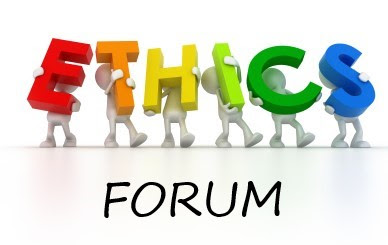Most Jewish readers are largely unfamiliar with the New Testament. Biblical scholar Amy-Jill Levine comments on the unfortunate situation, noting that much if not all of the New Testament is Jewish literature.
She points out that most of the New Testament writers were Jewish and were writing for a Jewish audience. Jesus is the first person in recorded history to be called "Rabbi," and Paul is the only undisputed first-century Pharisee from whom we have written records.
At first impression the New Testament writings seem foreign to Jewish audiences who are often more versed in the Talmud. The Talmud contains a good deal of vitriol against Christianity and often obfuscates the faith of Abraham and the Horim. However, when the New Testament is understood as a debate among Jews as to whether Jesus is the Messiah who rose from the grave, Jews can comprehend the New Testament's polemics, even if they reject assertions of Jesus' fully human-fully divine nature and his resurrection.
In New Testament stories about Jesus, the Jews are often identified as the enemy. Many miss the fact that members of the Sanhedrin became Jesus' followers. Among them were Nicodemus and Joseph of Hari-Mathea. The conflict was not between Christians and Jews, but rather an internal Jewish dispute. Reading the New Testament alongside the Talmud enables Jews to appreciate what they have in common with Christians and how Judaism still has not resolved the question of Jesus's identity .
Read Amy-Jill Levine's article What Jews (and Christians too) Should Know About the New Testament here.
Related reading: The Talmud vs the Doctrine of the Lord; Paul to the Hebrew Christians: hold fast the faith of your Horim; Frank Moore Cross: Israel's God is the God of the Horites; Matthew's Testimony Concerning the Empty Tomb

1 comment:
A very helpful article that highlights what should be obvious in a world where the obvioux can be trampled underfoot.
Post a Comment